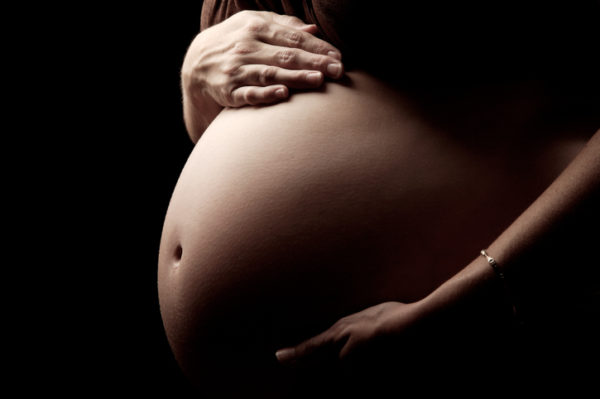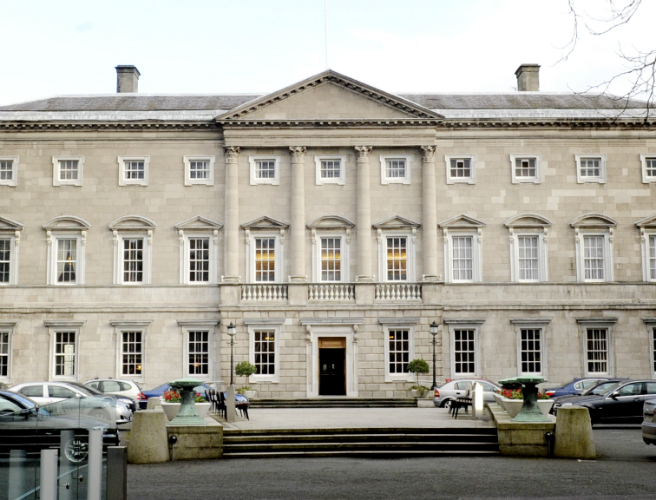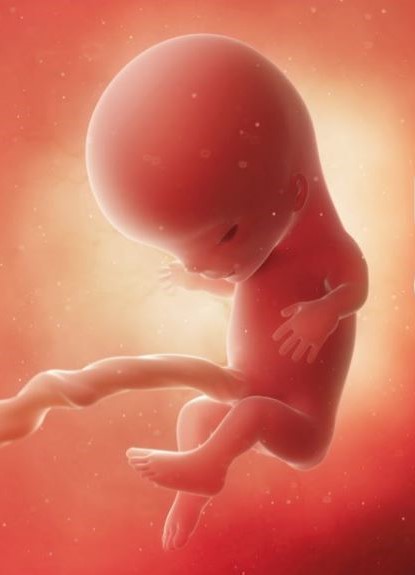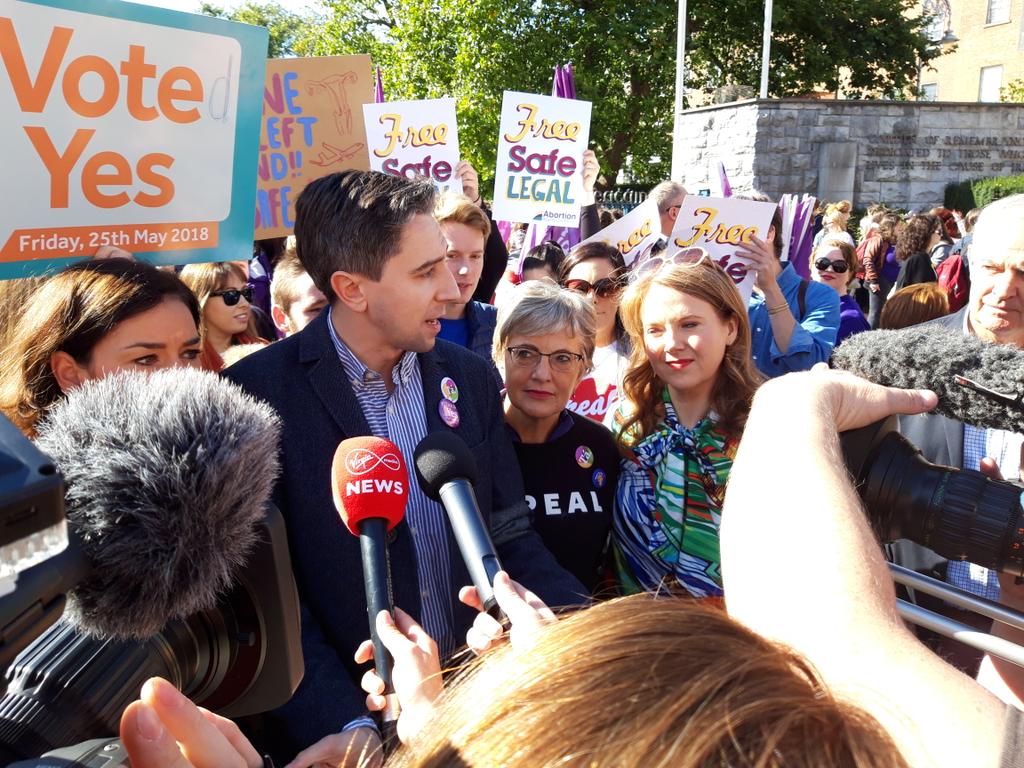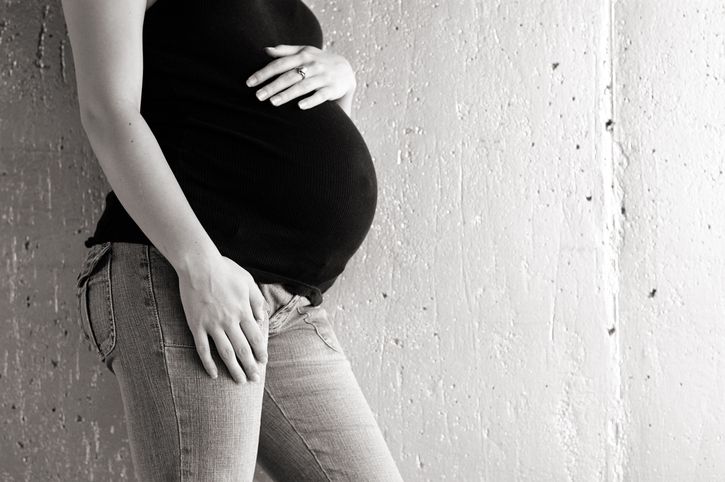Health Minister Simon Harris participated in a march on Saturday calling for ‘free, safe, and legal’ abortion and he told TDs to ‘get on’ with the task of legislating for abortion. About 2,000 people participated in the march but they included prominent members of the Government such as Children’s Minister Katherine Zappone, Kate O’Connell, TD, and Senator Catherine Noone.
Minister Harris told reporters that women have waited far too long already for abortion and the people of Ireland had, with the referendum result, given a very clear instruction to the Dáil and Seanad “to get on with it.” The march was about ensuring a “focus” was kept on the issue.
During the campaign itself, Referendum Commissioner, Isobel Kennedy, said people were voting simply to retain or repeal the 8th and that there were not voting on subsequent legislation.
The Health Minister also said he wanted the medical community to “step up” and engage with legislators in dealing with the matter.
However the Pro-Life Campaign, in a later press release, said Mr Harris was intending to “railroad” his abortion legislation through the Dáil.
“Minister Harris promised during the referendum campaign that there would be ‘ample time’ to debate the provisions of the abortion legislation. Like so many of the other promises Mr Harris has made, he is now reneging on that commitment,” the group said.



